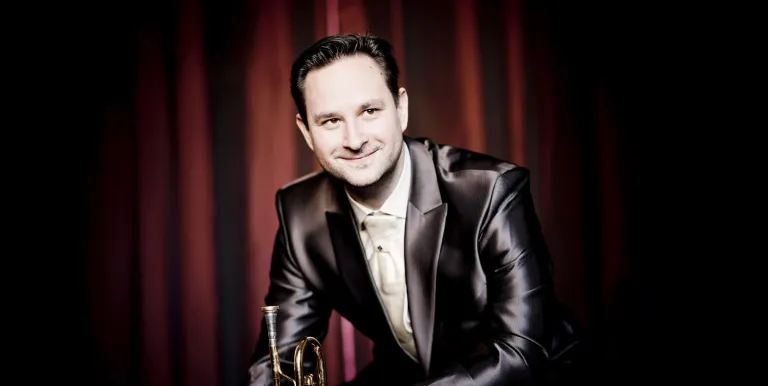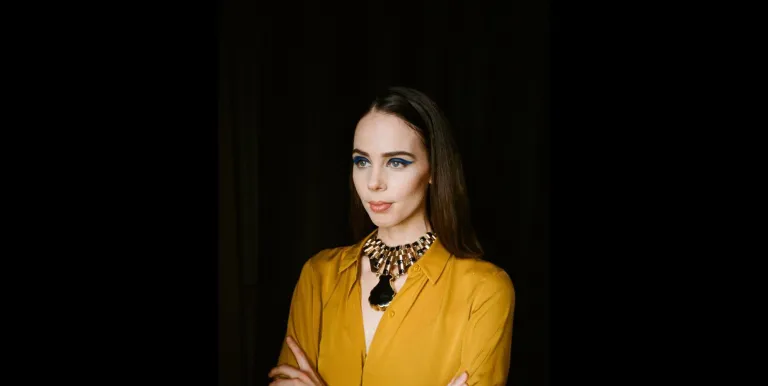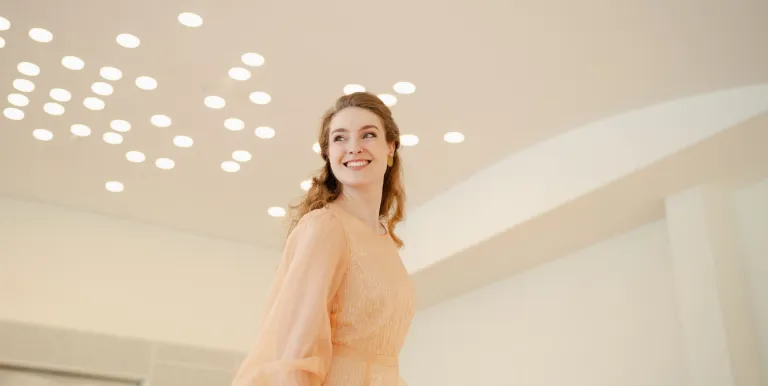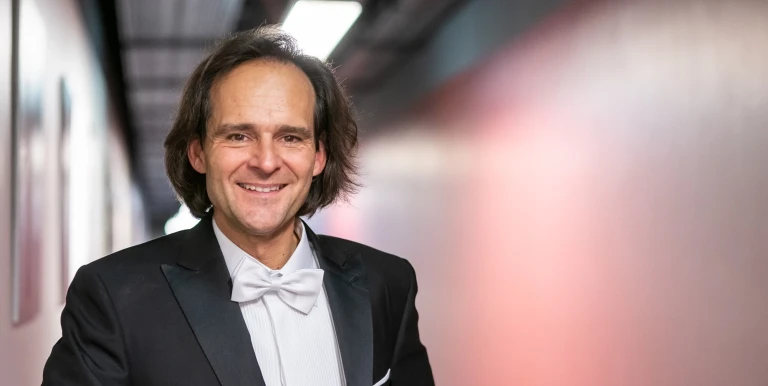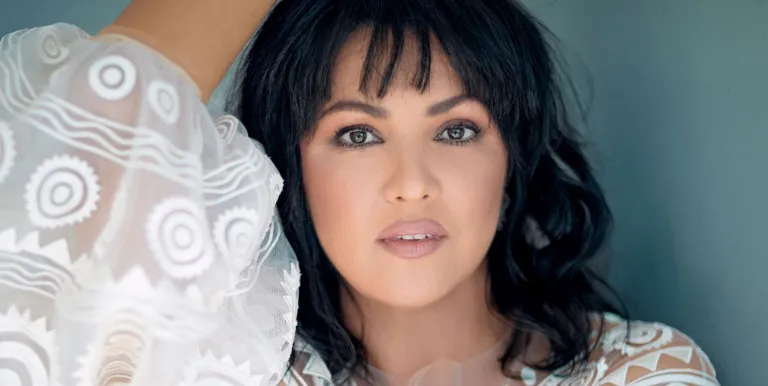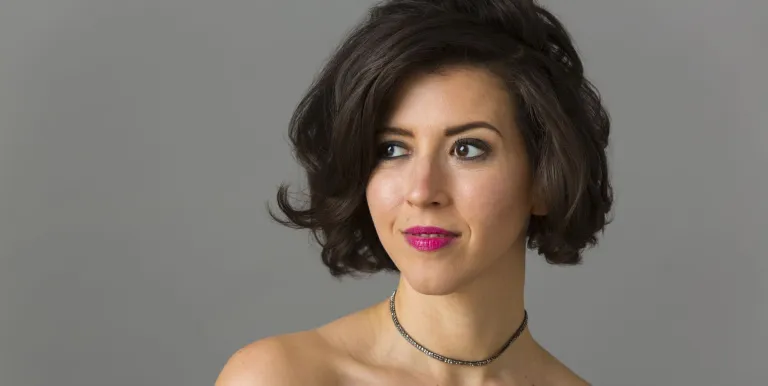one interval
Featuring:
Conductor:
Creator:
Rossini
William Tell - overture
Rossini
La Cenerentola - "Sì, ritrovarla io giuro” (Ramiro's aria from Act 2)
Rossini
Il barbiere di Siviglia - "Largo al factotum” (Figaro's entrance from Act I)
Bellini
Norma - overture
Bellini
I puritani - "A te, o cara” (Arturo's aria from Act 1)
Donizetti
Lucia di Lammermoor - "Cruda, funesta smania” (Enrico's aria from Act 1)
Donizetti
L'Ange de Nisida - "Je ne veux rien garder... Venez! Qui vous arrête?” (Sylvia's aria from Act 3)
Rossini
La gazza ladra - overture
Rossini
La donna del lago - "Cielo! In qual estasi” (Elena and Uberto's duet from Act 1)
Donizetti
Don Pasquale - "Bella siccome un angelo” (Malatesta's aria from Act 1)
Donizetti
La favorite - "Ange si pur” (Fernand's aria from Act 4)
Rossini
L'italiana in Algeri - overture
Bellini
I puritani - "Ah! Per sempre io ti perdei” (Riccardo's aria from Act 1)
Donizetti
La fille du régiment - "Ah! mes amis... pour mon âme” (Tonio's aria from Act 1)
Bel canto - beautiful singing. An independent era and an independent school within the opera literature. But when is singing not beautiful, if the melody is nobly shaped, and the performer's voice and training are both excellent? This was not enough to satisfy the ideal of bel canto: at the turn of the 18th and 19th centuries, during the first wave of the Romantic movement, it was a cult surrounding the brilliant performance of richly crafted vocal parts, and the composers of operas often considered the experience of beautiful singing to be more important than even the presentation of dramatic conflict. Giving us a taste of this special treat - the operas of Bellini, Donizetti and Rossini - at this concert will be three internationally successful artists.
An important feature of bel canto is the way that it treats the voice as an instrument, expecting the singer to perform like a violin or flute virtuoso. The three world-famous singers demonstrating their special skills this evening consist of a soprano, a tenor and a baritone. Russia's Lidia Fridman was born in the city of Samara in 1996. After initially studying in her native country, including at Jelena Obrazcova's courses in St Petersburg, she later graduated from the Benedetto Marcello Conservatory in Venice. She has enjoyed success across Europe, and in November 2021 jumped in brilliantly in the title role of a production of Lucrezia Borgia at Müpa Budapest. The versatile and virtuoso American bel canto tenor Lawrence Brownlee has had a decades-long international career. His aria concert scheduled here for 2020 unfortunately had to be cancelled due to the pandemic, so it will be an exceptional pleasure to finally hear him on stage at Müpa Budapest. Between the two age-wise is the baritone for the evening, Gyungmin Gwon, the first place winner at the 2022 Competizione dell'Opera International Competition in Moscow, where he also took the Müpa Budapest Special Prize. Hailing from South Korea, he is truly internationalising the concert's palette. Educated at the Detmold College of Music, he has won prestigious awards in a number of international competitions, with spellbound critics praising his performances. Taking the podium in front of the Pannon Philharmonic Orchestra will be Nikolas Nägele, a German conductor at home on opera stages around Europe who previously also served as choirmaster of the Deutsche Oper Berlin. The Müpa Budapest audience already had the chance to meet him at the 2021 Rossini Gala broadcast on Müpa Home.
The score for the aria from Donizetti's opera L'Ange de Nisida was provided by the Fondazione Teatro Donizetti. The cabaletta part comes from the unpublished original version of La favorita, edited by Candida Mantica and completed by Federico Biscione.
The performance is a cooproduction of Müpa Budapest, Pannon Philharmonic and Zsolnay Heritage Managment Ltd.
Presented by: Müpa Budapest
-
We wish to inform you that in the event that Müpa Budapest's underground garage and outdoor car park are operating at full capacity, it is advisable to plan for increased waiting times when you arrive. In order to avoid this, we recommend that you depart for our events in time, so that you you can find the ideal parking spot quickly and smoothly and arrive for our performance in comfort. The Müpa Budapest underground garage gates will be operated by an automatic number plate recognition system. Parking is free of charge for visitors with tickets to any of our paid performances on that given day. The detailed parking policy of Müpa Budapest is available here.




